If things were never simple they are even more complicated now, when we talk about the “Irish vote” as the 2020 presidential election nears.
A 2017 Newsweek headline put it bluntly: “Why are all the conservative loudmouths Irish American.”
The short answer: Um, they’re not.
The longer answer: It’s complicated. But 2020 may finally be the year we recognize the many shades of green out there amidst the red and blue of politically-polarized America.
An important new era in Irish American politics dawned 40 years ago. That’s when we began hearing about so-called “Reagan Democrats” – middle and working-class voters who were reliably liberal in the ages of FDR and JFK, but shifted during the tumultuous late 1960s and 1970s.
A big chunk of Reagan Democrats were “white ethnic” Catholics – the children of working class Irish, Italian and Polish immigrants.
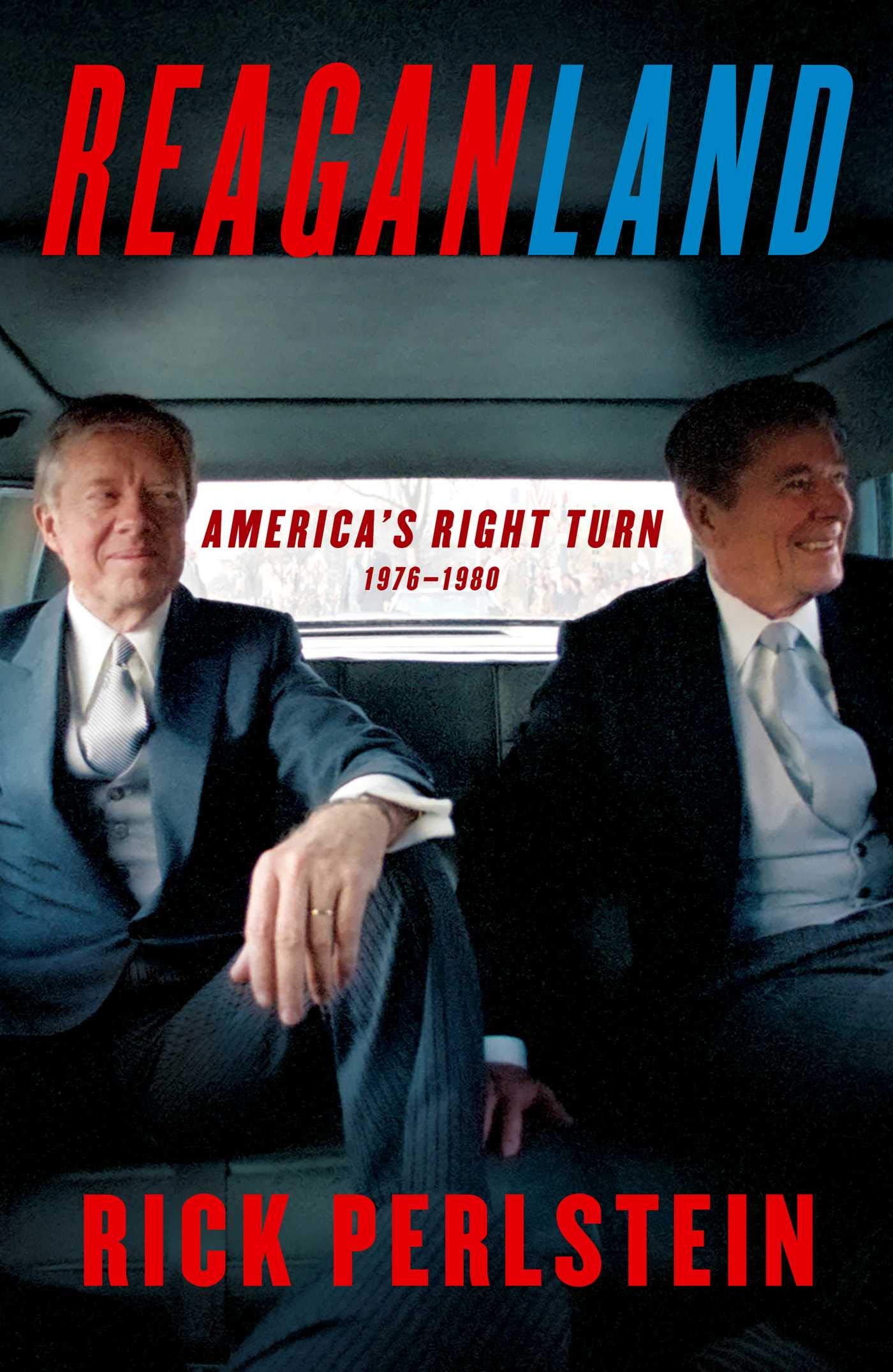
In his new book Reaganland: America’s Right Turn, 1976 – 1980, Rick Perlstein notes that before Reagan’s election, an influential memo by Irish American adviser William F. Gavin noted: “The New GOP should have room for the man and woman in the factories, for the cop on the beat, and the millions of Americans who have never thought of joining our party before,” and that “blue collar and ethnic issues are very important.”
Yet, even after Reagan – himself the descendent of a Tipperary immigrant – was elected, the Irish face of politics was usually Democratic. The House speaker was Boston’s Tip O’Neill, with whom Reagan had a famously cordial relationship, even if they disagreed.
Then there were senators Daniel Patrick Moynihan and Ted Kennedy. Throw in New York governor Hugh Carey and you had the so-called “four horsemen” of Irish American politics – all Democrats.
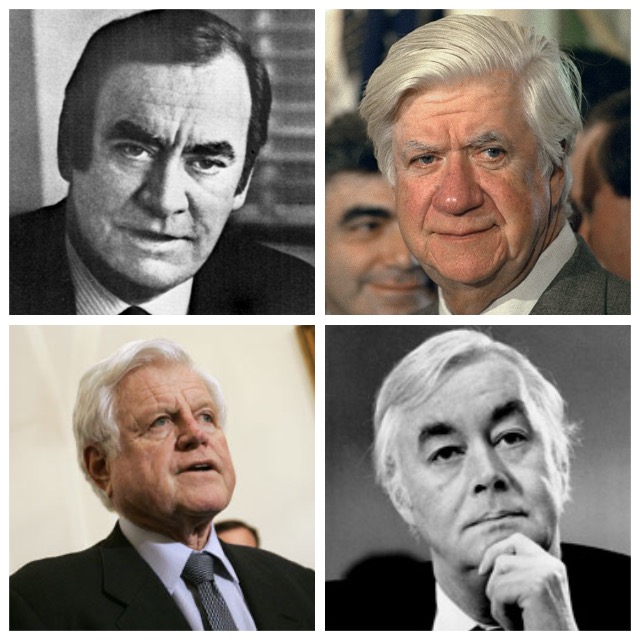
Photos: Wikipedia
But as Irish Americans left cities for the suburbs, voting data clearly showed they were becoming increasingly conservative and Republican.
“There are more Irish Catholic Republicans in the House than there are Irish Catholic Democrats,” National Review columnist – and Irish Catholic – Kate O’Beirne wrote in the 2000s. “These are Reagan babies, who came of age politically during the Reagan presidency.”
Since then, Fox News has made a loud name for itself with names like Hannity and O’Reilly, while President Donald Trump has marched out a line of advisers worthy of an AOH chapter – Bannon, Kelly, Conway, Mulvaney, Flynn.
This has caused no small amount of consternation on both sides of the Atlantic. As Fintan O’Toole recently wrote in the Irish Times, the American conservative establishment, is “no longer White Anglo-Saxon Protestant. It is White Irish Catholic. Some part of the identity that so many of us on this island share is now at the center of American reactionary politics.”
Well, yes and no. Some Hibernian mouths are so loud they make it easy to forget the many Irish American liberals plying their trade in pundit land – Lawrence O’Donnell, Chris Hayes, Chris Matthews, Maureen Dowd, Joan Walsh.
Furthermore, alongside old school Irish pols like presidential candidate Joe Biden, a younger generation of Irish American public officials – Beto O’Rourke, Joe Kennedy III, congressional reps Conor Lamb, and Kevin and Brendan Boyle – are writing a new chapter in the story of Irish American political identity.
In short, not only do Irish Americans remain an important swing vote, but the likes of Biden and the Boyle brothers may swing important numbers of them away from the Fox News column.
It also needs to be pointed out that those Irish Americans who hail Reagan as a hero may be suffering from a touch of amnesia. This week’s Republican National Convention featured fond memories of Reagan, alongside what has become a rallying cry for today’s conservatives – anti-immigrant rhetoric.
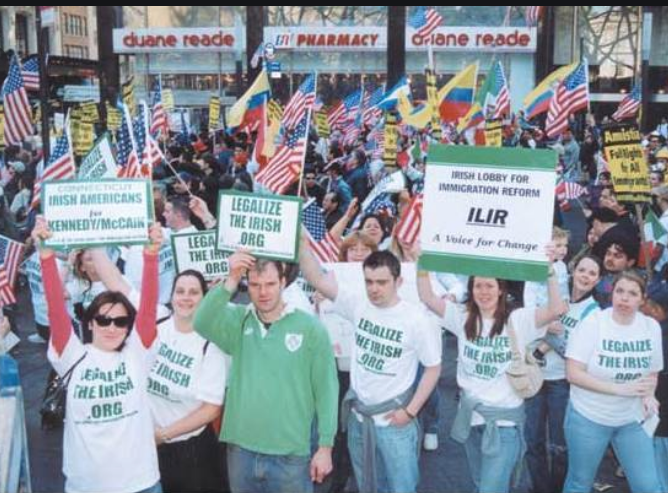
Donald Trump Jr.’s girlfriend Kimberly Guilfoyle may have celebrated her Irish immigrant father and Puerto Rican mother. But speaker after speaker argued that immigration was ruining America, and that it was time to “Build the Wall” once and for all.
But as Rick Perlstein notes, not only did Ronald Reagan avoid bashing immigrants and immigration, he supported – and even proposed – “an open border project,” which would have allowed the unrestricted flow of immigrants from America’s northern and southern borders, “with the Roman ideal of universal citizenship as a model.”
In other words, “Don’t Build Walls.”
More recently, Irish Americans like former vice presidential candidate and House Speaker Paul Ryan, have attempted to balance tried-and-true conservative credentials, with a more nuanced take on immigration.
Finally, there is bi-partisan blame to go around if it seems as if the Irish in America are apt to lean right these days. Senator Ted Kennedy famously championed a far more diversified American immigration policy, passed into law in 1965, which has dramatically reduced the number of visas available to the Irish.
This has also reduced the number of Irish newcomers who might be inclined to align themselves with other, more-recent immigrants – a constituency regularly courted by Democrats.
Not only that, there might have been more substantive discussions between Irish immigrants, and second- and third-generation Irish Americans, about how today’s immigrants are actually not so different from yesterday’s.
“I have always believed there was some divine providence that placed this great land here between the two great oceans, to be found by a special kind of people from every corner of the world, who had a special love for freedom and a special courage that enabled them to leave their own land, leave their friends and their countrymen, and come to this new and strange land to build a New World of peace and freedom and hope.”
What mushy-headed snowflake uttered such nonsense?
Ronald Regan, of course.
∗∗∗∗∗∗∗∗∗∗
For another opinion on the Irish and party loyalty, read Robert Schmuhl’s Crossing Over.
Niall O’Dowd’s President Reagan Remembered includes an interview with the president’s brother, Neil.
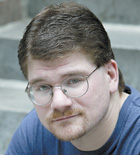
Tom Deignan is an author, teacher, and columnist for the Irish Voice and Irish America (tdeignan.blogspot.com).

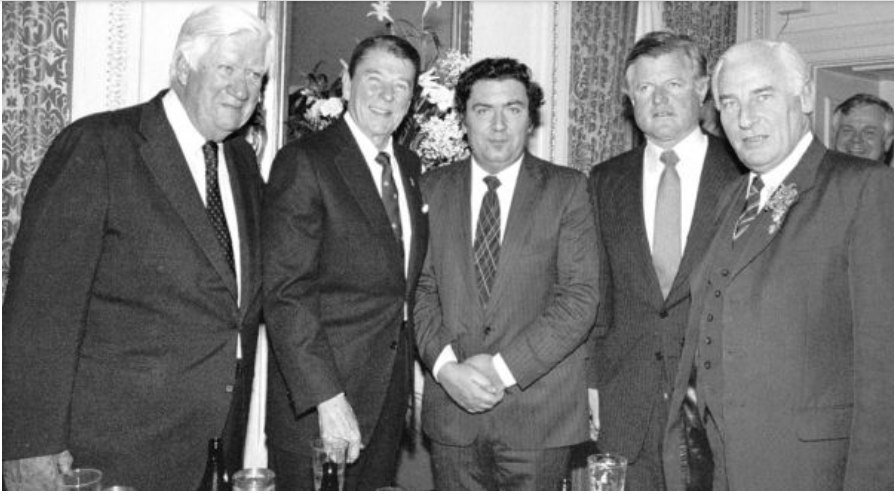
Tom:
Your work has always meant a lot to me. It still does. This is a great piece. It took some time, but I got through your Top-20 books that every Irish American should read. It was magnificent. I think, however, I’d replace O’Connor’s The Las Hurrah with The Edge of Sadness. I can’t seem to get that one out of my mind. Keep up your excellent work. I’d like to shoot you an e-mail some time. Let me know if I can.
This was really helpful. Thanks!